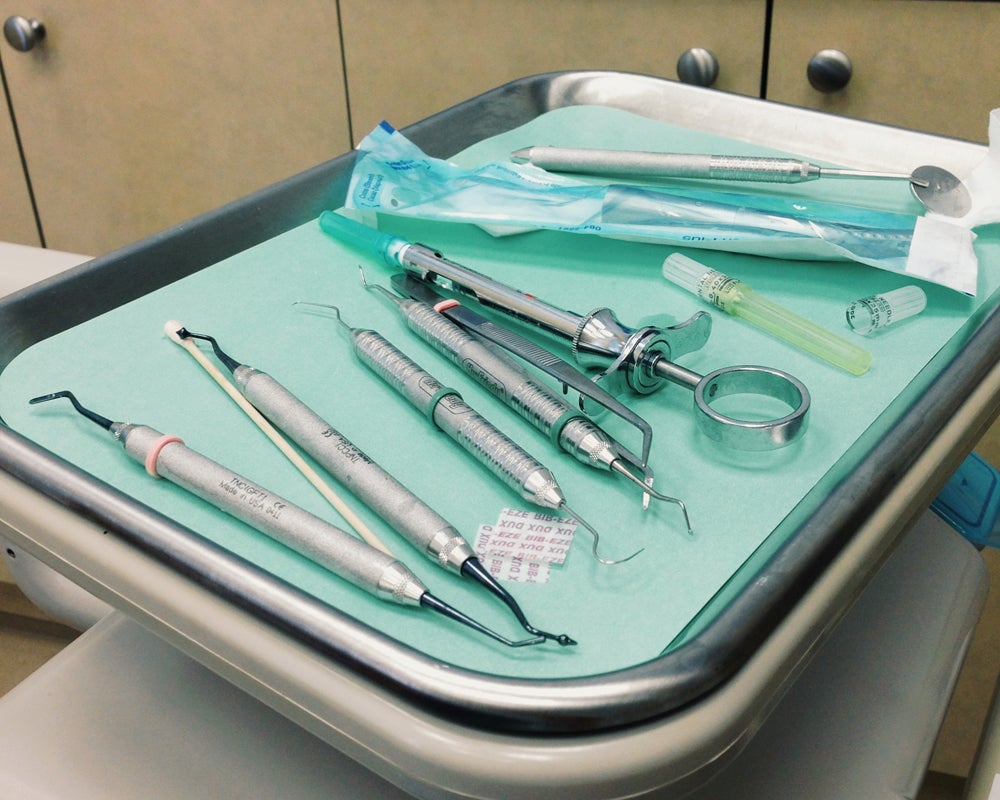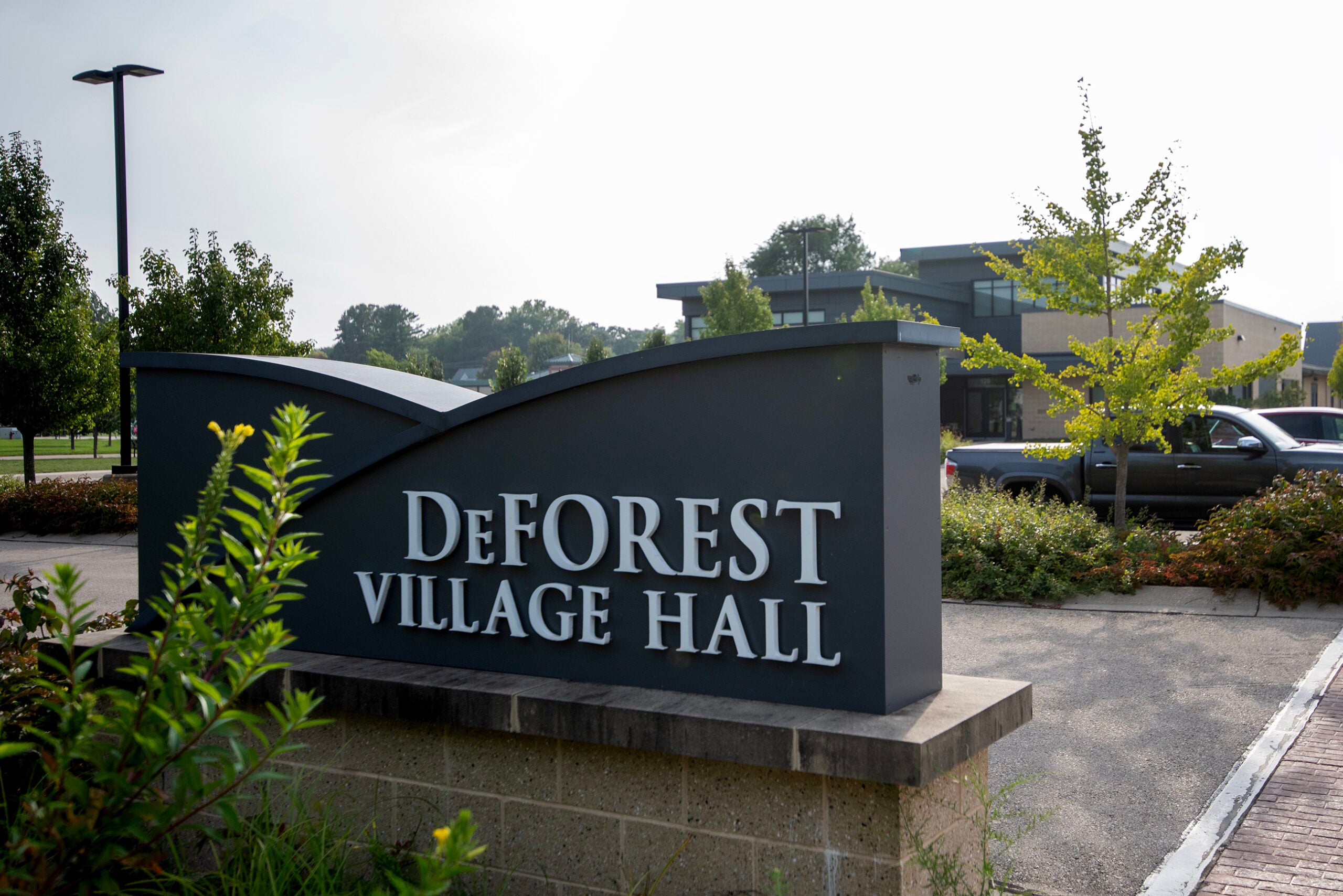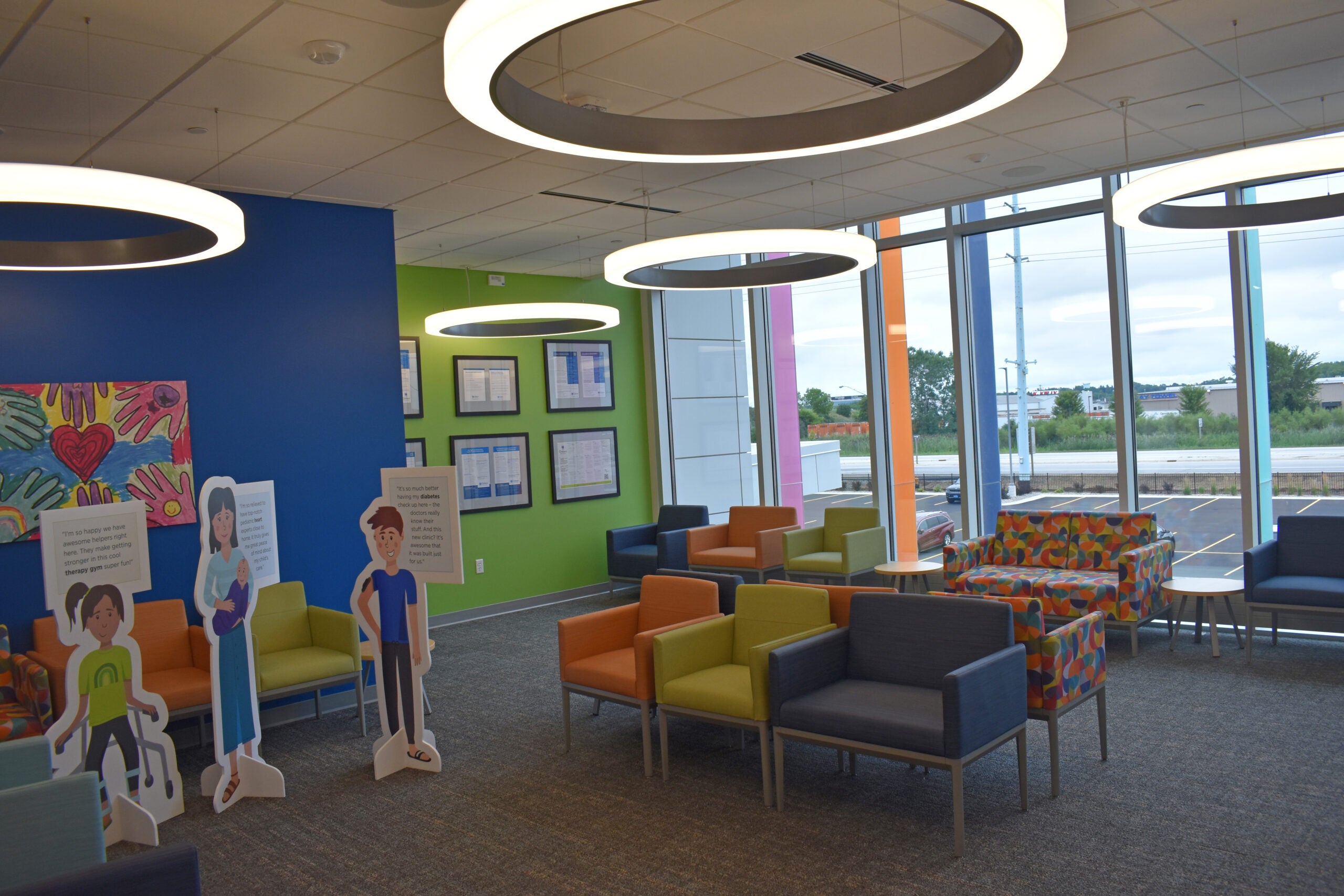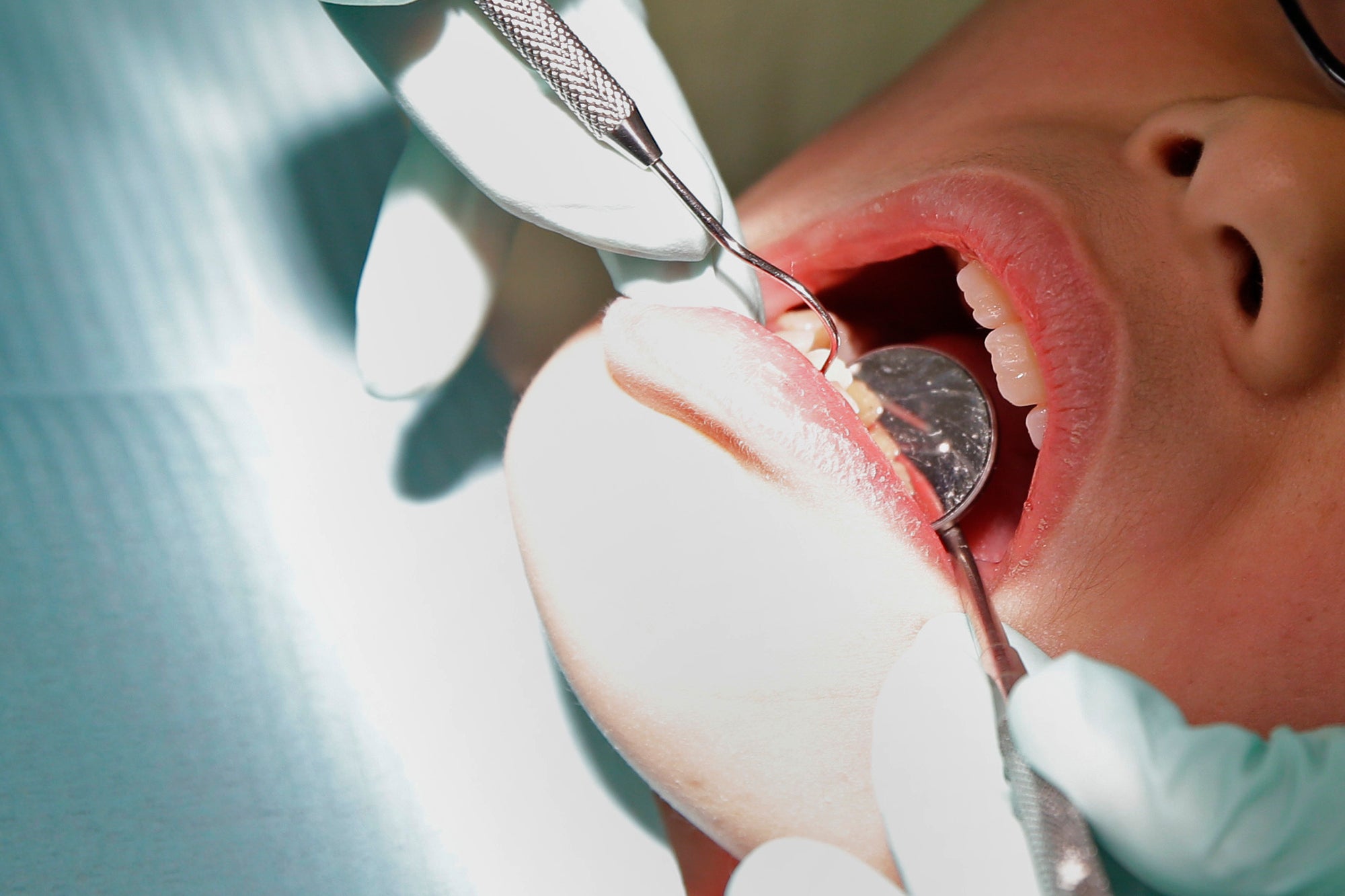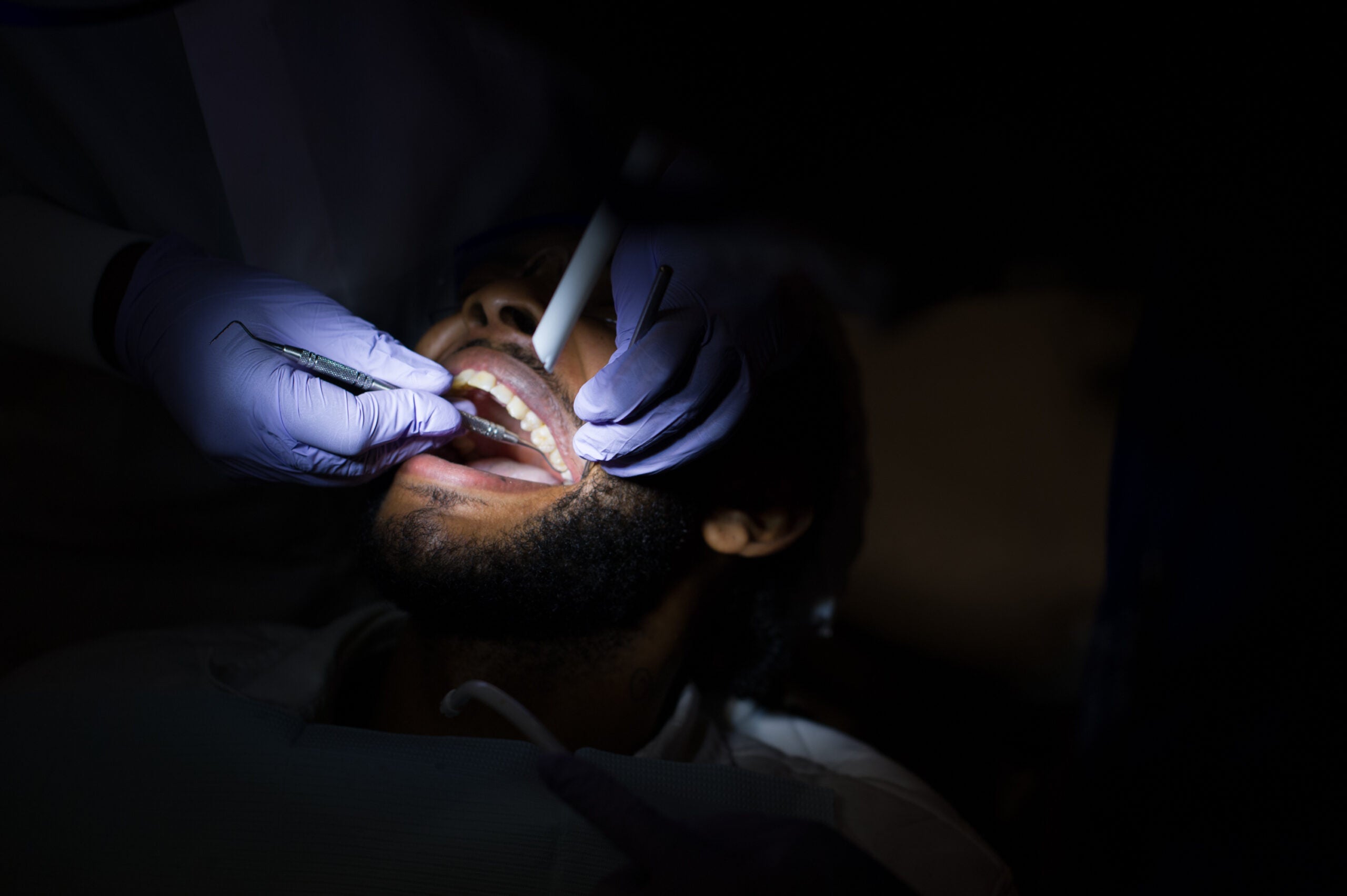Access to dental care is a problem for many Wisconsin residents.
More than half of all counties in the state are facing a shortage of dental care professionals. A 2018 survey of dentists by the state Department of Health Services found much of the state’s current dentist workforce planned to retire or leave their practice within the next 5 years.
But the possibility of a new type of dental provider is giving health care advocates hope that more people will soon be able to access care in Wisconsin.
News with a little more humanity
WPR’s “Wisconsin Today” newsletter keeps you connected to the state you love without feeling overwhelmed. No paywall. No agenda. No corporate filter.
The state Legislature recently passed several bills related to the oral health care industry, including legislation to allow the licensure of dental therapists.
Similar to physician assistants, dental therapists work under the supervision of a dentist to provide mid-level care like filling cavities or placing temporary crowns.
“They can help do those lower intensive procedures that dentists do now, allowing dentists the freedom to take on some of those bigger services and needs for patients,” said Sashi Gregory, director of policy and research for the Wisconsin Primary Health Care Association.
The association, which represents community health centers across the state, is one of many health organizations that have supported dental therapy for years.
Thirteen states, including Michigan and Minnesota, already license dental therapists. But the idea has taken longer to gain traction in Wisconsin and previously faced opposition from some industry groups.
State Sen. Mary Felzkowski, R-Tomahawk, had proposed the bill to license dental therapists in several previous legislative sessions before it was passed last Tuesday. Democratic Gov. Tony Evers has not yet signed the bill into law, but he proposed licensing dental therapists in his last state budget proposal.
Matt Crespin, executive director of Children’s Health Alliance of Wisconsin, said the states that have already added dental therapy have seen patients accept the new type of provider and have documented expanded access to care.
“It’s been shown in Minnesota to see significant increases in the number of patients that offices are seeing per day,” he said. “It’s increased the number of Medicaid patients the offices are seeing per day.”
That’s an important factor for Wisconsin, where only 29 percent of dentists accept Medicaid insurance. Crespin said the percentage is even smaller in practice because not all of the participating dentists take new Medicaid patients on a regular basis.
New investments in dental care training are aimed at increasing state’s workforce
While adding to the dental workforce is a positive move, Crespin cautioned that dental therapists are not a “silver bullet” to the industry’s problems with access to care.
“There is really a multi-pronged approach that needs to be taken in order to address this,” he said. “We’re really excited that the legislature has really focused a lot of attention on oral health care.”
State lawmakers also approved $20 million in grant funding for the state’s technical colleges to expand oral health care programs, another bill authored by Felzkowksi.
Gregory said the funding will help create new training programs for dental therapy and help boost other dental professions like hygienists, which she said are also in high demand in the state.
The state Legislature also approved a bill to enter Wisconsin into an interstate Dentist and Dental Hygienist Compact, which will allow dentists or dental hygienists from other states to become eligible to practice in Wisconsin. Iowa, Tennessee and Washington have already joined the compact and 11 other states including Minnesota are considering legislation to join.
Lawmakers also passed legislation to change a state scholarship program for healthcare professionals to work in underserved areas to be specific to recent graduates of Marquette University’s School of Dentistry, the only dental school in the state.
Wisconsin Public Radio, © Copyright 2025, Board of Regents of the University of Wisconsin System and Wisconsin Educational Communications Board.

